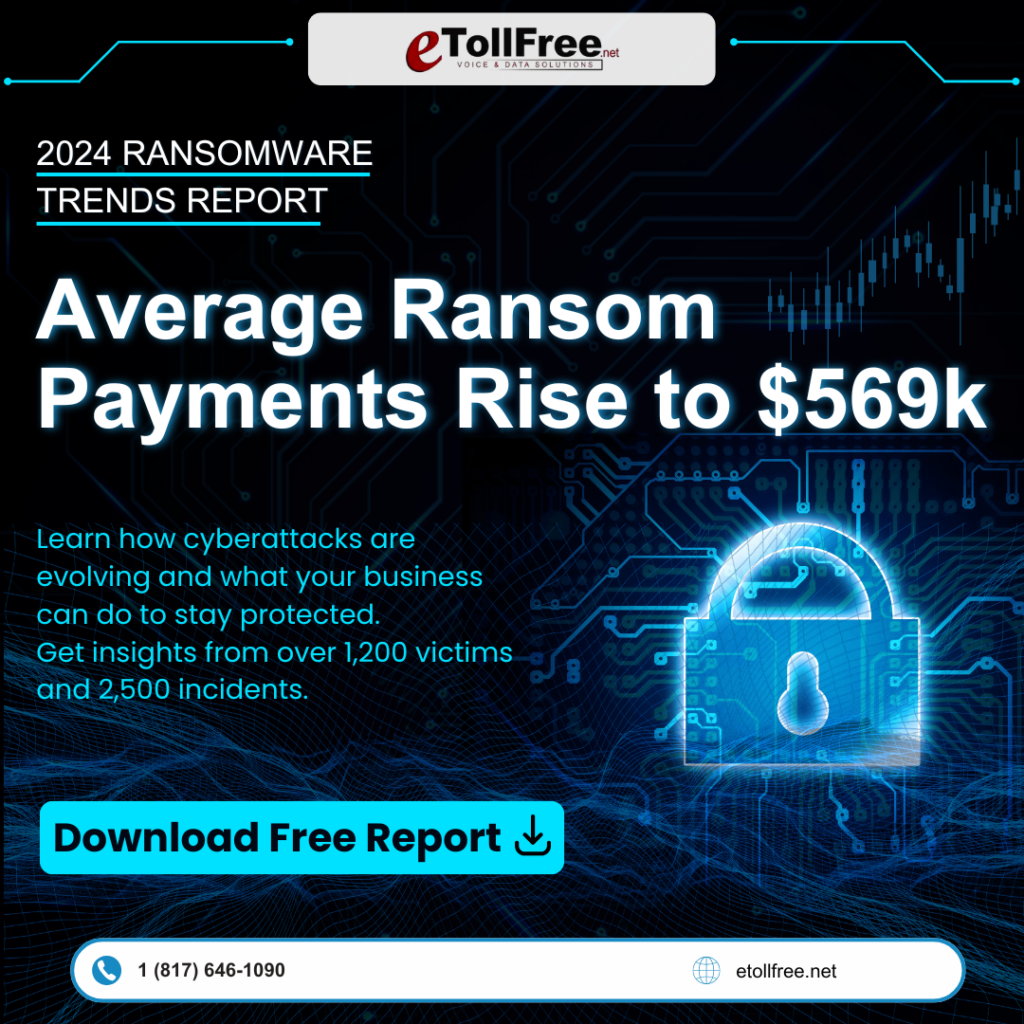Understanding Website Database Vulnerabilities: A Case Study of the DOGE Website Incident
Meta Description: Learn about critical website database vulnerabilities through the DOGE case study. Essential cybersecurity tips for small business owners included.
Introduction
As small business owners increasingly leverage the digital space, understanding the importance of cybersecurity is crucial for maintaining a secure online presence. A recent incident involving Elon Musk’s Department of Government Efficiency (DOGE) website highlights the dangers of database vulnerabilities. This article aims to provide an educational overview of this incident, outlining the security flaws involved, and offering essential cybersecurity tips for small businesses.
The Incident
In January 2025, DOGE launched a website meant to showcase its initiatives in governmental efficiency. However, a significant flaw in the website’s database security went unnoticed, which allowed unauthorized users to manipulate its content. These vulnerabilities serve as key cybersecurity lessons for small businesses aiming to protect their online assets.
Key Details
- External Database Vulnerability: The DOGE website relied on an unsecured external database, leaving it open to unauthorized access and potential data breaches.
- Immediate Impact: Hackers exploited the vulnerability to post satirical messages like “This is a joke of a .gov site”, which remained public for hours.
Causes of the Vulnerability
Two web development experts pinpointed several factors contributing to the security flaw:
- Lack of Secured Database Access: The DOGE site was linked to a publicly accessible database, highlighting the need for secured database management.
- Poor Development Practices: The website seemed rushed with multiple coding errors, exposing sensitive information.
- Cloudflare Deployment Concerns: Data was pulled from a Cloudflare Pages site without adequate security measures, emphasizing the importance of robust deployment protocols.
Consequences and Criticism
The incident garnered significant media attention, sparking questions about the DOGE’s cybersecurity controls:
- Ease of Exploitation: The simplicity of the hack highlighted the absence of basic protective measures.
- Potential Exposure of Classified Data: Allegations suggested that sensitive US intelligence information was exposed, stressing the need for secure database access.
- Scrutiny and Legal Challenges: Increased scrutiny on DOGE’s data handling led to several legal challenges over conflicts of interest.
Lessons for Small Business Owners
This incident underscores important cybersecurity practices critical for safeguarding small business websites against vulnerabilities:
1. Secure Database Management
- Ensure Database Protection: Implement robust access controls for all databases connected to your business’s website.
- Regular Audits and Updates: Conduct frequent security audits and keep your software up-to-date to prevent unauthorized access.
2. Robust Security Protocols
- Implement Firewalls and Intrusion Detection Systems: These systems help monitor and guard against unauthorized access attempts.
- Utilize Secure Hosting Services: Choose hosting services that offer additional security layers to protect sensitive data.
3. Development Best Practices
- Test Thoroughly Before Launch: Ensure websites are thoroughly tested for vulnerabilities prior to launch to prevent potential breaches.
- Code Review and Quality Assurance: Adopt rigorous code review processes to ensure secure and high-quality code development.
Conclusion
The DOGE website incident serves as a critical reminder of the severe consequences that can arise from inadequate cybersecurity measures. By adopting secure database practices and implementing strong defense mechanisms, small business owners can better protect their digital assets and maintain consumer trust. Prioritize cybersecurity to shield your business from similar vulnerabilities.
For further insights into cybersecurity and its latest developments, visit our Cybersecurity Solutions Guide, Best Cybersecurity Practices, and Small Business Security Tips. Stay informed, stay secure!
Key Takeaways for Small Business Owners
- Secure Database Management
- Implement robust access controls for databases linked to your website.
- Conduct regular security audits and keep software updated to prevent unauthorized access.
- Robust Security Protocols
- Use firewalls and intrusion detection systems to monitor and defend against unauthorized access.
- Choose secure hosting services providing additional security layers for data protection.
- Development Best Practices
- Thoroughly test websites for vulnerabilities before launch to avoid breaches.
- Implement code review and quality assurance processes to ensure secure, high-quality code.
- General Cybersecurity Awareness
- Recognize the importance of vigilant cybersecurity measures to avoid external threats and database exploitation.
- Prioritize cybersecurity to protect your business and maintain consumer trust.
By focusing on these areas, small business owners can enhance their cybersecurity posture and safeguard their online presence against potential threats.










